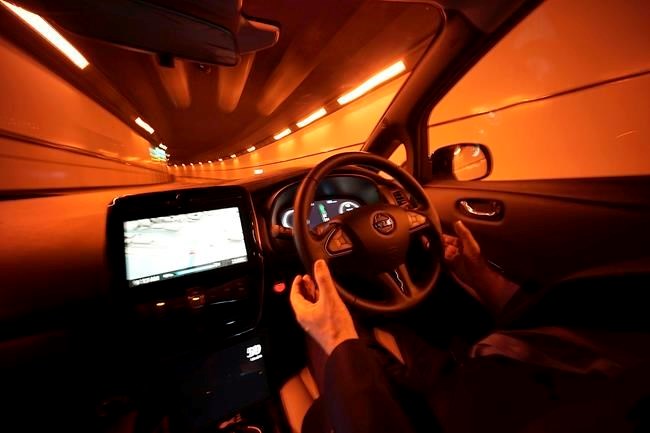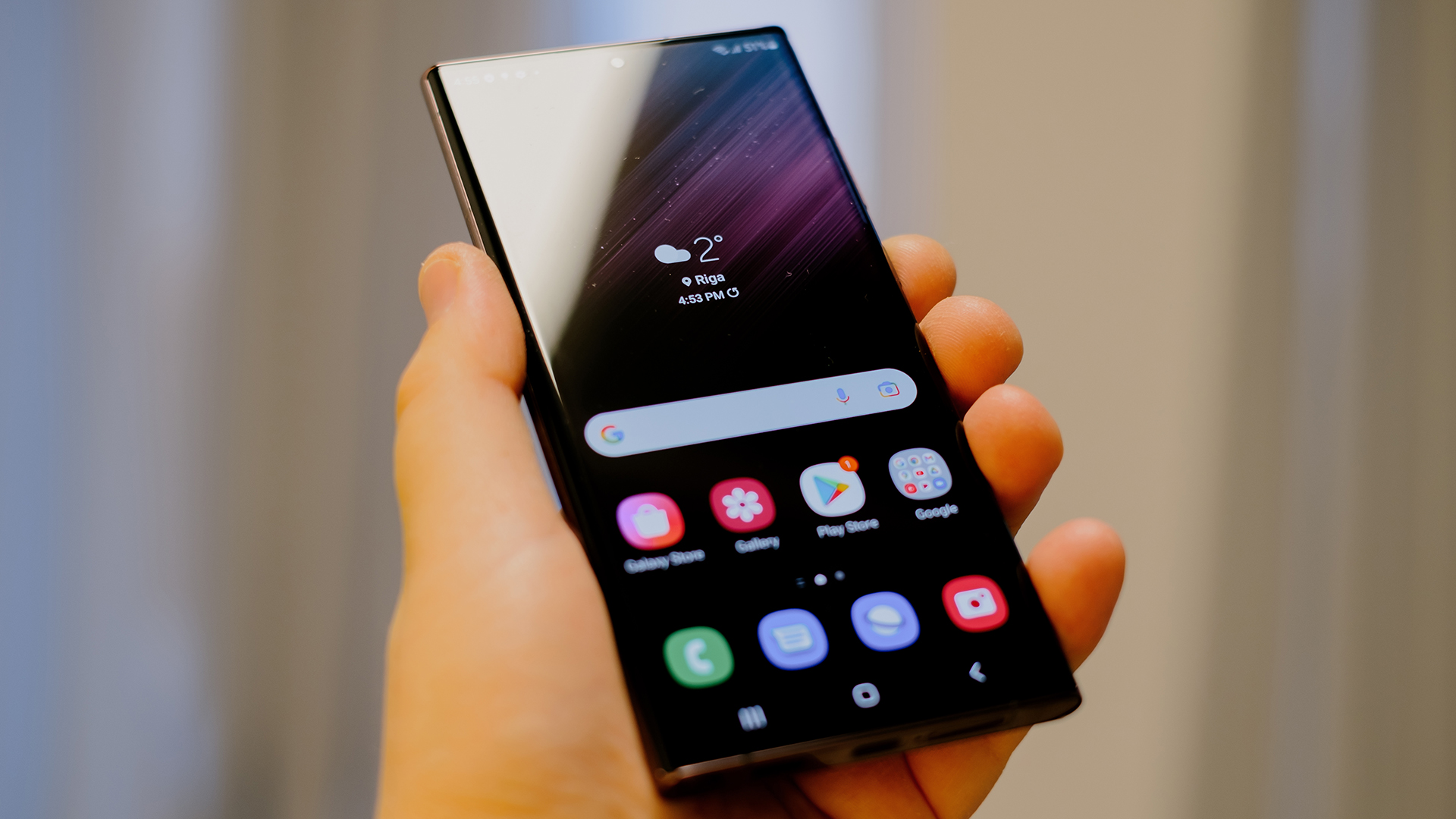UK At High Risk Of ‘Catastrophic Ransomware Attack,’ Parliamentary Committee Warns
The U.K.’s apparent lack of preparedness and insufficient investment in cybersecurity has reportedly left it highly prone to “catastrophic ransomware attacks,” as per a parliamentary committee.
What Happened: The joint committee on the national security strategy has raised concerns about the U.K.’s susceptibility to a cyber-attack capable of disrupting critical national infrastructure or CNI such as energy, water supply, transport, healthcare, and telecommunications services, reported The Guardian.
The committee criticized the U.K. government and the Home Office for their failure to address ransomware threats adequately and underscored their lack of sufficient investment to deter large-scale cyberattacks.
See Also: This AI Can Predict Your Passwords With A 95% Accuracy Rate Based On Your Keyboard Clicks
Recent ransomware attacks on U.K. public services, including the NHS and, Redcar and Cleveland council, were pointed out as indicators of the looming threat. The committee also expressed concerns about the vulnerability of the U.K.’s CNI due to its dependence on outsourced IT systems.
The report warned of potential threats to human lives from future ransomware attacks if cyber criminals manage to interfere with CNI operations. The NHS was identified as a particular area of concern given its outdated IT services and lack of investment.
Additionally, the committee pointed out ransomware groups in Russia, North Korea, and Iran as primary threats targeting the U.K., based on information from the National Cyber Security Centre or NCSC.
Harjinder Singh Lallie, a cybersecurity expert at the University of Warwick, suggested regularly updating operating systems and computer hardware could mitigate overall costs and disruption.
In response to the report, a government spokesperson said, “The UK is well prepared to respond to cyber threats and has taken robust action to improve our cyber defenses, investing £2.6bn under our cyber security strategy and rolling out the first ever government-backed minimum standards for cybersecurity through the NCSC’s cyber essentials scheme.”
Why It Matters: This warning comes on the heels of increased ransomware attacks globally. Just last…



